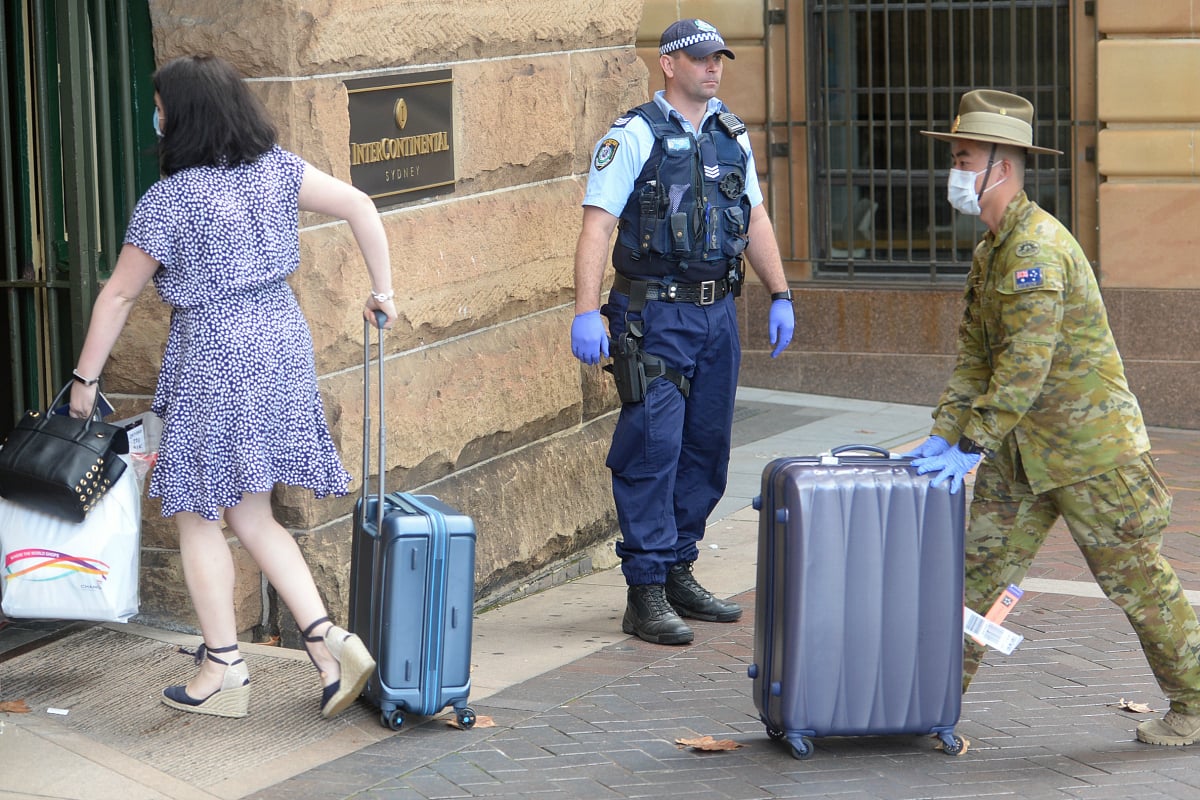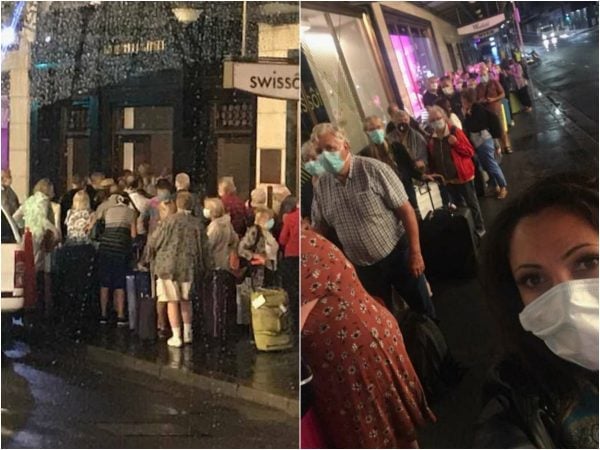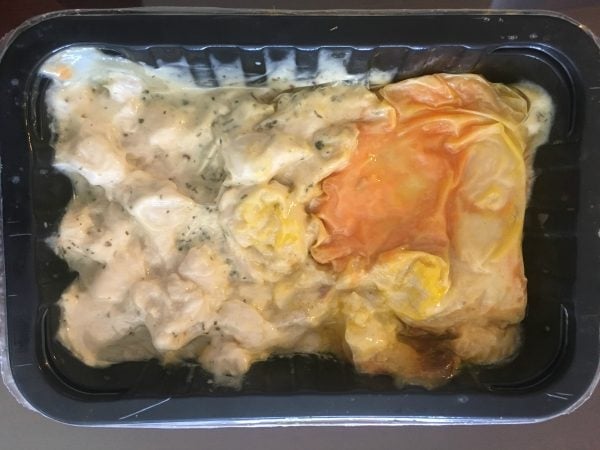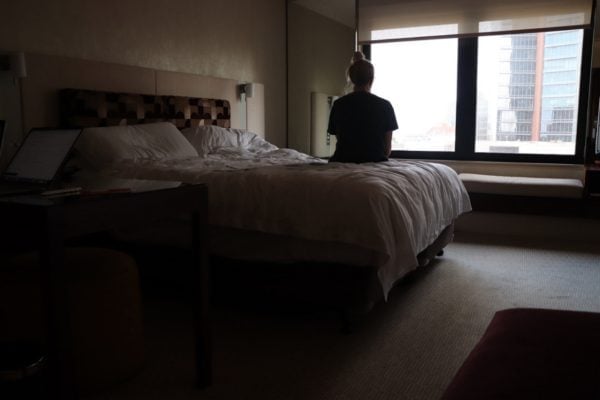
As we grapple with the COVID-19 pandemic, Australians are becoming accustomed to strange sights; empty streets, roped-off beaches and playgrounds, classrooms with just a smattering of students.
And this week, yet another bizarre scene.
Members of the military, in full camouflage uniform, stationed at major airports. Images show them assisting passengers with their luggage, guiding them onto coaches and off again at designated CBD hotels.





Top Comments
They really thought they could order Uber eats? And then what- the police have to spend all day delivering packages to people’s rooms? That’s actually absurd. It also seems crazy that they’re going to have mental health professionals onsite, most are now working via Telehealth, couldn’t they access them that way like everyone else?
It would definitely be distressing to be confined for a fortnight- but I’m not sure what else we can do or what answers they think they’re going to get. I’d still prefer a hotel in Sydney to Christmas Island.
Being locked up in a room for 14 days without a window that can open is unhygienic.
The rooms will have aircon, like almost every hotel and office building. It’s unpleasant but not unhygienic- otherwise hospitals would be inherently unhygienic.
As an example, they found in Wuhan hospitals, that those wards which had windows which opened vs those that didn't, the patients with coronavirus in the fresh air ventilated wards recovered more quickly than those in sealed rooms. Fresh air is the best thing to remove circulating germs, odours etc, and is far more efficient than airconditioning which has been known to harbour Legionnaire's disease. Hospitals are filthy places, full of bacteria and viruses and infection control is an ongoing major issue. If hospitals were hygienic, then I doubt those oncology patients at the Alfred Hospital would have contracted COVID19 (as inpatients) and some subsequently died from it.
Not sure where you got your microbiology degree, Guest, but your "fresh air" theory is wrong RE "removing circulating germs" in the absence of an airborne disease (COVID is not an airborne disease, nor are most common hospital-acquired infections).
Do you have a reference for these findings?
I think everyone would like access to fresh air all the time, but a place can be hygienic without it, and we can definitely avoid legionnaires disease in the aircon. It’s way harder to control the risk of someone throwing themselves out the window, or throwing something at people below, which is why we legislate that windows in hotels have to be sealed.
Hospitals are incredibly good at managing infectious materials, that’s why we don’t have thousands of inpatients infected with COVID right now. You only need to compare them to cruise ships to see how little difference fresh air makes in keeping a place sanitary. Bleach is really the key factor.